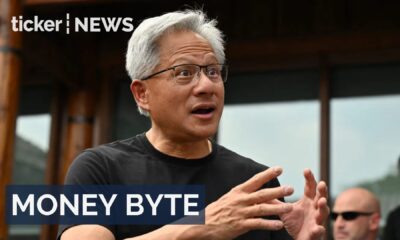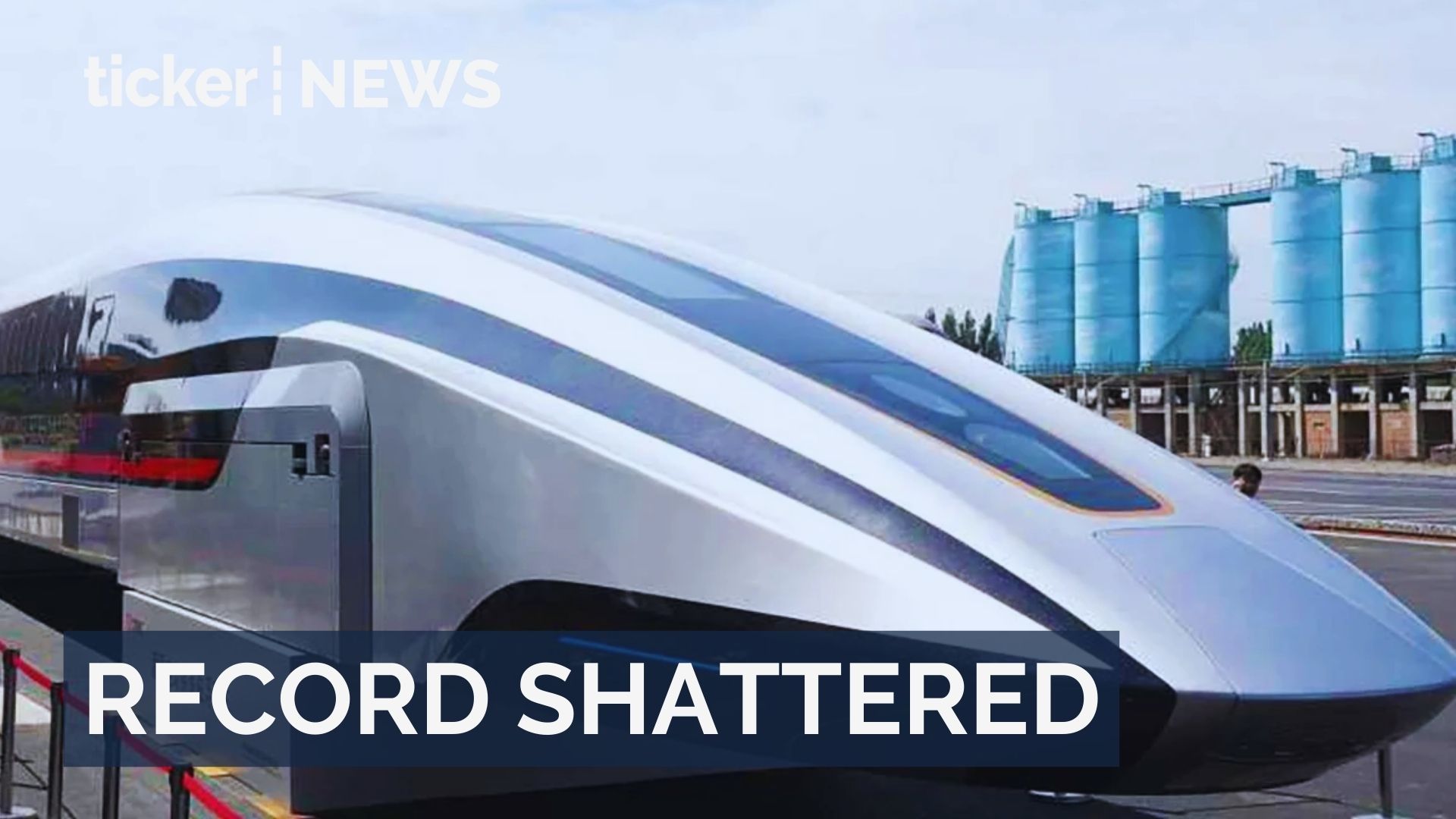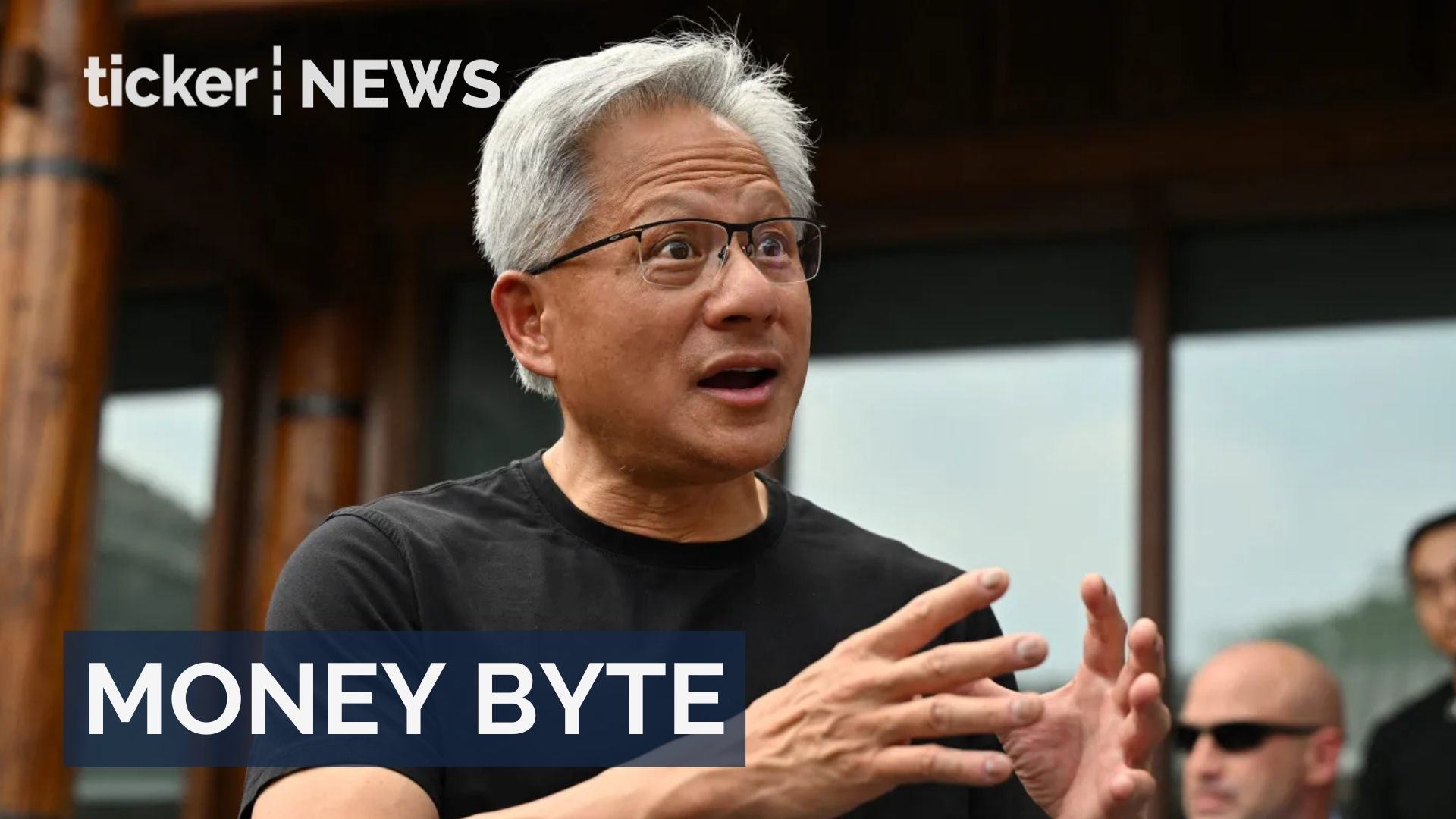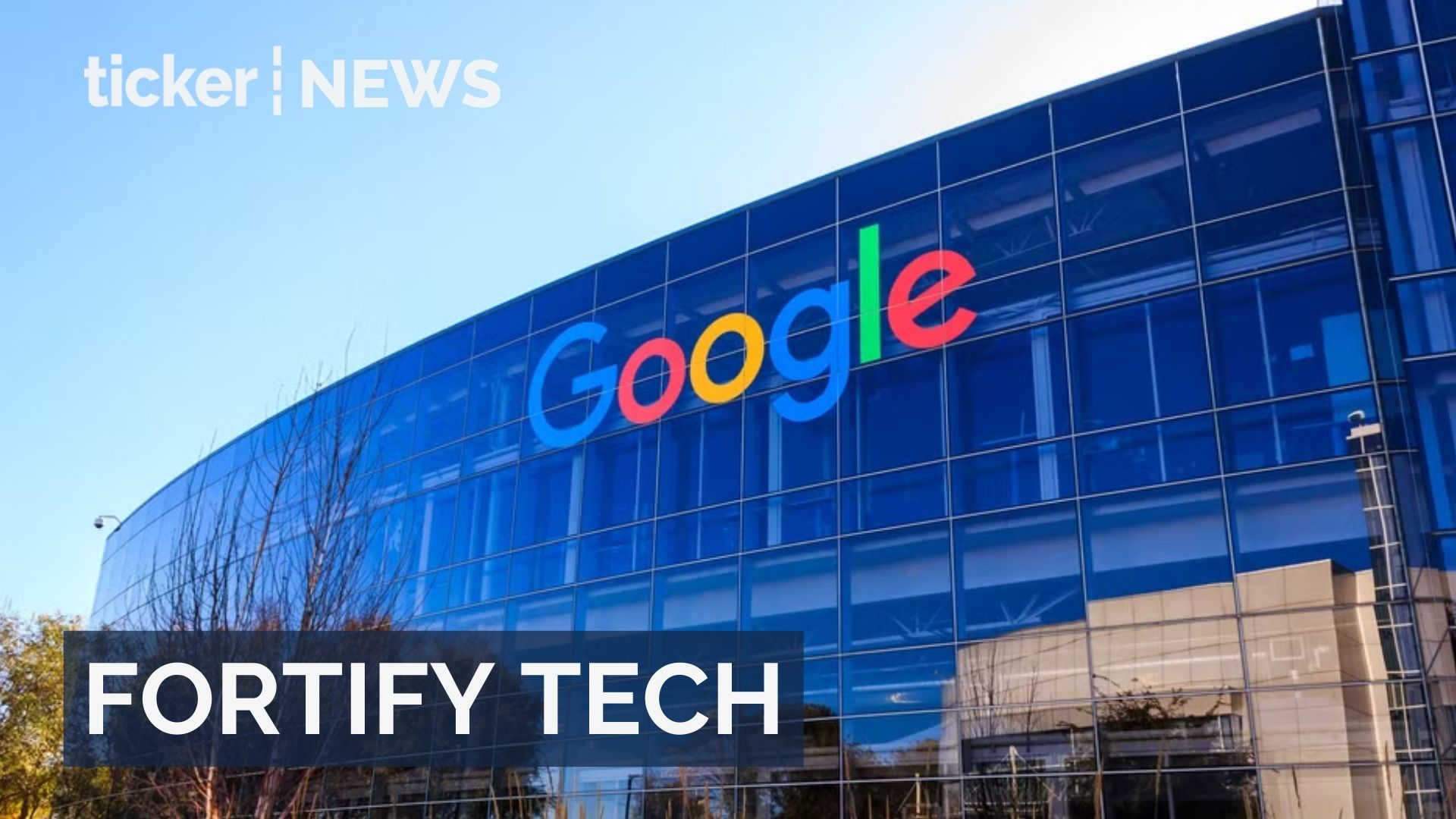Tech
China’s megaconstellation satellite swarm

Tech
China’s maglev breakthrough hits 700 km/h in seconds, reshaping the future of transport
China sets world record with maglev train hitting 700 km/h in just two seconds, revolutionising ultra-high-speed transport
Tech
Nvidia signs $20 billion deal with Groq for AI tech
Nvidia strikes $20 billion deal to license Groq’s AI tech and hire executives, boosting its position in AI inference market
Tech
Google Cloud and Palo Alto launch $10 billion AI deal
Google Cloud and Palo Alto Networks sign nearly $10 billion AI security deal to enhance protection against cyber threats
-



 Property4 days ago
Property4 days agoBlackstone acquires Hamilton Island for $1.2 billion
-



 Tech3 days ago
Tech3 days agoNvidia signs $20 billion deal with Groq for AI tech
-



 Money4 days ago
Money4 days agoLaurene Powell Jobs exits Monumental Sports ownership completely
-



 Money4 days ago
Money4 days agoUS economy grows 4.3% in Q3, exceeding forecasts
-



 Money4 days ago
Money4 days agoNew Zealand experiences unexpected economic growth surge
-



 Tech2 days ago
Tech2 days agoChina’s maglev breakthrough hits 700 km/h in seconds, reshaping the future of transport
-



 News3 days ago
News3 days agoNewly unsealed Epstein emails raise questions about Prince Andrew
-



 News2 days ago
News2 days agoUkraine presents US-backed peace proposal to Russia







